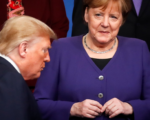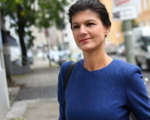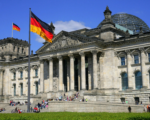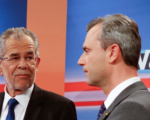Exit Polls Show Reprieve for Scholz as SPD Fends Off Far Right in Brandenburg Election
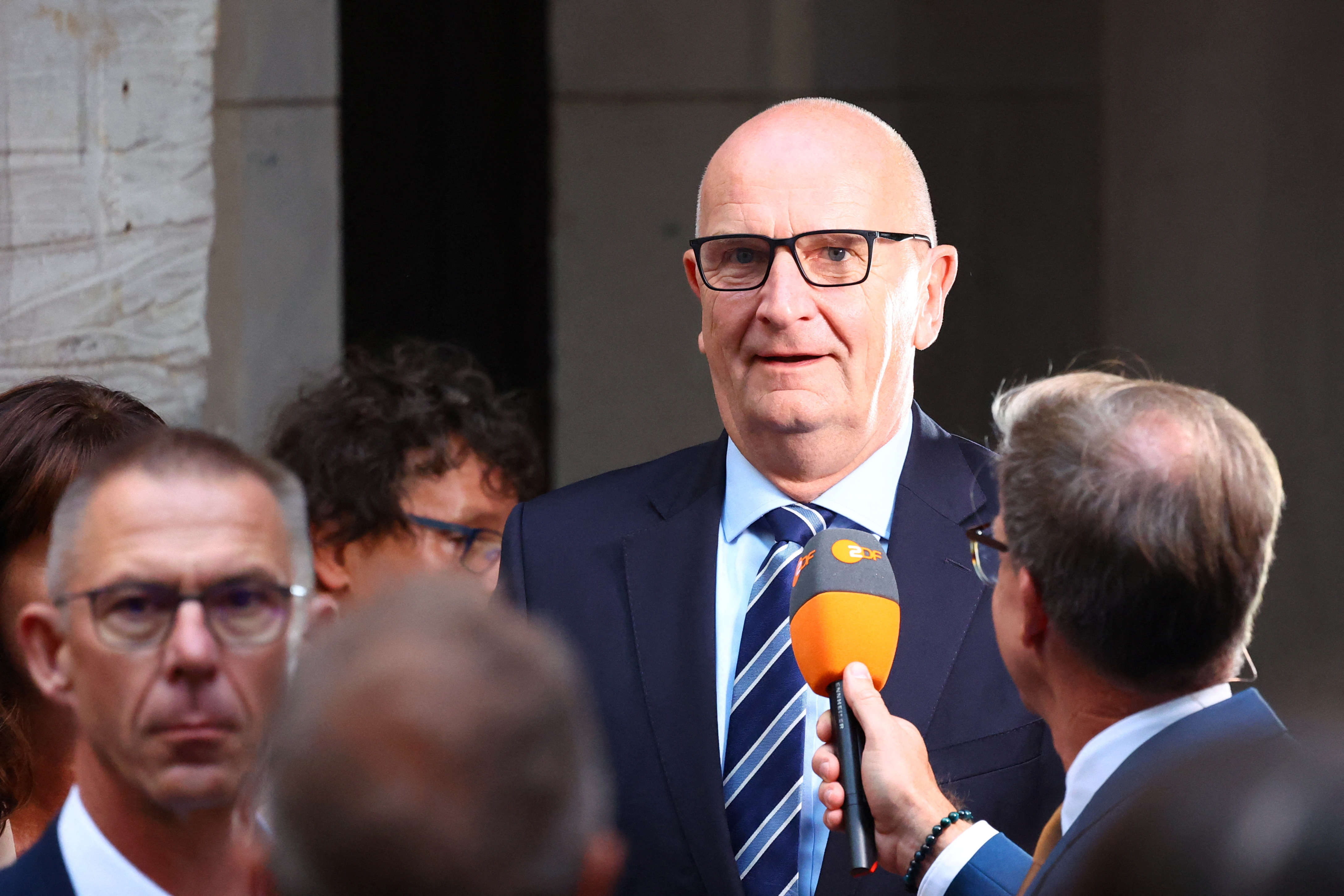
German Chancellor Olaf Scholz’s Social Democrats (SPD) appear to have narrowly held off the far-right Alternative for Germany (AfD) in the Brandenburg state election, according to exit polls. Despite trailing for much of the campaign, the SPD garnered 31.8% of the vote, while the AfD followed closely with 29.2%, according to ZDF broadcaster exit polls. This success may provide temporary relief for Scholz amid ongoing discussions within the SPD about his potential candidacy for the federal election in September 2025.
However, the victory is unlikely to significantly boost Scholz’s standing as Dietmar Woidke, Brandenburg’s SPD premier, distanced himself from the Chancellor and criticized federal policies during the campaign. SPD General Secretary Kevin Kuehnert acknowledged the party’s challenges but noted that the SPD had staged a “furious comeback” in the final weeks of the election.
According to an ARD exit poll, three-quarters of SPD voters cast their ballots to prevent the AfD from gaining control, with turnout reaching 73%, up from 61% in the previous election. On a national level, the SPD is polling at just 15%, significantly behind the opposition conservatives at 32% and the AfD at around 20%.
The election also highlighted growing dissatisfaction with Scholz’s coalition government, which has faced criticism for its internal conflicts and handling of immigration. Voters in eastern Germany have been particularly critical of the government’s support for Ukraine amid Russia’s invasion.
The election follows the AfD’s recent historic win in Thuringia, where it became the first far-right party to top a state election since World War II. In Brandenburg, the AfD gained 5.7 percentage points compared to the last election in 2019, signaling continued momentum. AfD co-leader Tino Chrupalla noted strong support from young voters, echoing trends seen in far-right parties across Europe.
Meanwhile, the newly formed leftist Alliance Sahra Wagenknecht came in third with 12%, followed by the conservatives at 11.6%. This result underscores the ongoing shifts in Germany’s political landscape, making future predictions difficult. The Greens, a junior partner in Scholz’s federal coalition, fell just short of the 5% threshold needed to enter the state parliament, while the Free Democrats (FDP) failed to make a significant impact.







